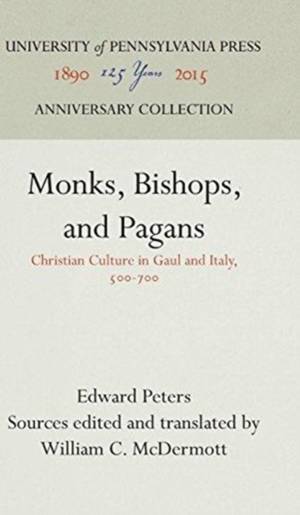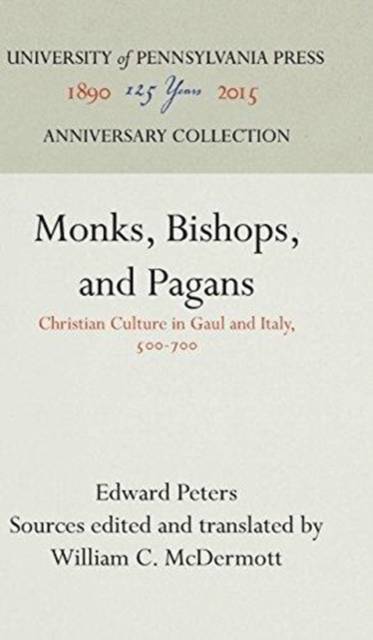
- Retrait gratuit dans votre magasin Club
- 7.000.000 titres dans notre catalogue
- Payer en toute sécurité
- Toujours un magasin près de chez vous
- Retrait gratuit dans votre magasin Club
- 7.000.000 titres dans notre catalogue
- Payer en toute sécurité
- Toujours un magasin près de chez vous
Description
The medieval authors represented in this book of readings were engineers of a new culture--responsible colonial administrators of an empire that existed only in the mind and spirit and the traditions that they shaped and adapted to their present conditions. Their messages were literal, specific, and full of good sense. They addressed peoples of widely differing levels of cultural and material development. They offered new avenues for the development of individual and collective world views and created an image of the self between material and an immaterial world. Together, their writings illustrate the transformation of Europe from Roman culture to Christendom--a mix of national identities under the common influence of the Church.
The first section draws upon the writings of Pope Gregory the Great and Bede. Gregory's Dialogues, Letters, Sermons and Pastoral Care reflect his great energy and dedication. Bede's vision of the afterlife is from his Ecclesiastical History of the English People. Section two focuses upon the theme of monks and their place in early European society with specific emphasis on the Benedictine Rule and its effect on human organization. Section three deals with the world of the bishops, specifically that of Gregory of Tours. The "minor writings" of Gregory of Tours reveal the mental world of a Gallo-Roman aristocrat dealing with a new and violent society. The final selection, the story of St. Barbatus, deals with backsliding, the longterm problem of keeping converts converted.
Scholars will find directions for further study in the bibliography which cites many works in translation as well as recent research into the culture and society of the period 500-700.
Spécifications
Parties prenantes
- Auteur(s) :
- Editeur:
Contenu
- Nombre de pages :
- 256
- Langue:
- Anglais
- Collection :
Caractéristiques
- EAN:
- 9780812276879
- Date de parution :
- 29-05-75
- Format:
- Livre relié
- Format numérique:
- Genaaid
- Dimensions :
- 140 mm x 203 mm
- Poids :
- 379 g







